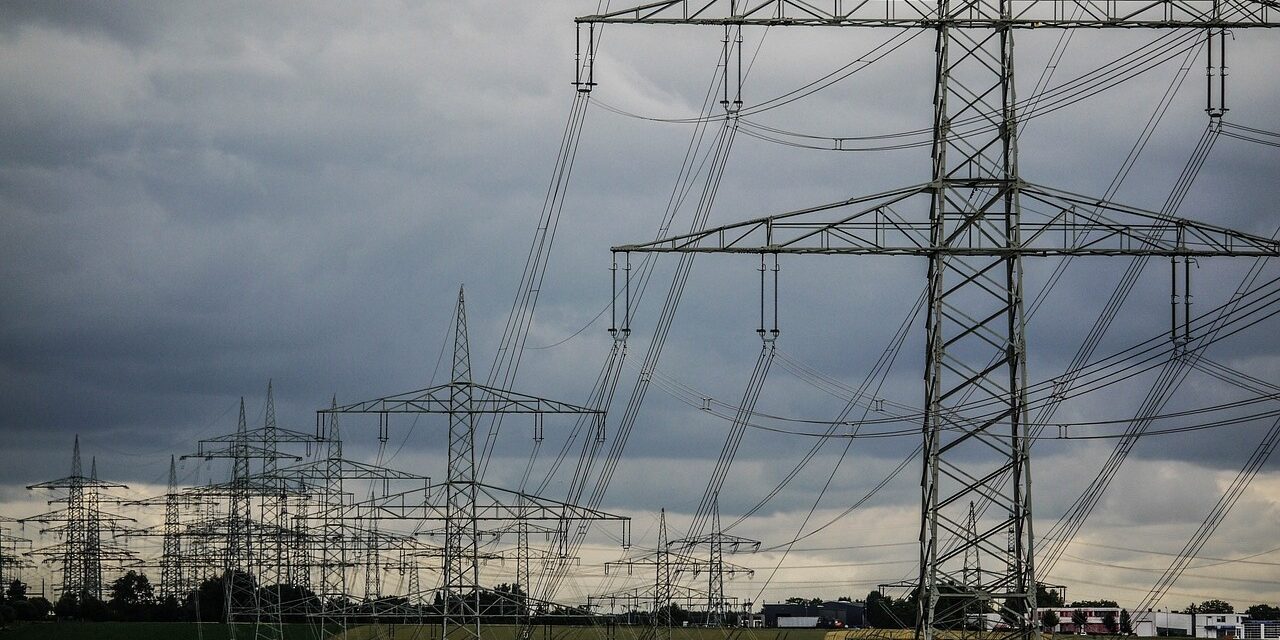Seeing the dramatic international energy developments and feeling our common responsibility for domestic energy policy, the energy working group of the Batthyány Circle of Professors developed a study that draws the attention of decision-makers to the anomalies behind "sustainable development".
In their study
- - we discuss the physical laws, limitations, conceptual definitions and possible misinterpretations behind "sustainable development";
- - we draw attention to the unfoundedness of the forced energy transition (EnergieWende), the lack of feasibility and impact studies, and the serious potential consequences of all this;
- - by describing the aspects to be considered, we provide a proposal for decision-making on a short- and medium-term energy strategy to face immediate challenges;
- - we point out the limitations of the production of weather-dependent "renewables" (wind and solar energy), their low profitability indicators, and the destructive consequences of their mass distribution;
- - in contrast to the hasty EnergiaWende, we only recommend a technically sound, i.e. slow and continuous, energy transition (Energy Transition), basically one that is always directed towards more and more efficient types of energy and whose focus is security of supply.
In order to deal meaningfully with the issues of future energy supply, it is first of all necessary to get rid of unclear definitions and narratives far removed from physical reality.
Seeing the dramatic European energy developments and feeling our common responsibility for domestic energy policy, the members of the energy working group of the Batthyány Circle of Professors, established in the summer of 2022, feel it necessary to summarize the basic questions that have arisen.
Energy is the basis of our civilization. Our energy carriers come from the conversion of natural energies. Humanity, whose total mass is only 0.01 percent of the total earth's biomass, uses only a few tenths of a percent of the natural energy flow. Globally, the energy used from nature from 1800 to the present is approximately as much (40 ZJ) as the total energy of the December 26, 2004 earthquake in Indonesia.
The answers that can be given to the basic questions of the Earth-man relationship, including the question of energy, largely depend on the human value system we start from.
Among other things, whether we admit that nature can be made more beautiful by humans. Answering this question is especially critical when so many people confuse environmental protection and climate protection. Decarbonization referring to climate goals (55% CO2 emission reduction by 2030, "net zero" emissions by 2050) means withdrawing coal-based energy, which accounts for four fifths of the current energy carrier consumption. Since carbon is the fourth most common element in the universe and the basis of life on earth, the very term decarbonization gives rise to serious misunderstandings regarding the consequences.
Feasibility and impact studies supporting the necessity and possibility of a forced rapid energy transition do not exist.
What's more, the mainly German experiences in the field of wind and solar energy production, heralded as the leading "renewable" types of energy, are disappointing.
On the other hand, the demand for metals, rare metals and graphite required for the production and operation of a single generation of windmills and solar panels (20–25 years) is much greater than the known quantities that can be extracted. Their need for raw materials and land is enormous, and the recycling of the huge amount of hazardous waste after their amortization is unsolved. Their energy return index (EROI) is low, compared to the high (~80, ~50, ~20) EROI of nuclear, hydro, and fossil energy. Imposing decarbonization as a political goal leads to economic and social decline. The justification with the alleged climate emergency is lame. Conscientious consideration of natural resources and their environmental impacts suggests a slow, continuous energy transition towards more and more efficient energy sources, as has been the case throughout history.
In this study - on the basis of the moral worldview represented by the PBK - they try to provide a comprehensible overview of these extremely complex and mutually interacting topics, and help with orientation and adaptation. They also offer an exact definition for the concept of sustainable development.
As for the immediate challenges: the terrorist action against the Nord Stream presents us with a threateningly uncertain future. Energy security requires an increase in domestic fossil-based electricity production, with adequate internal security protection. In order to increase the production capacity of the current (energy) generating units in the short term, it is recommended to assess the technical possibilities and costs; in the medium term, examine the possibility of reactivating previously planned, but dropped for various reasons, coal and hydrocarbon research and production ideas; and on the basis of new, domestic and regional geological examples, the as soon as possible research of prospective coal and hydrocarbon occurrence sites and underground formations.
The so-called our natural possibilities in the field of renewables must also be considered soberly.
In the field of hydropower, a complete, non-political rethinking is offered as the most important possible objective, and in the field of other renewable energies, the promotion of local use. It is reasonable to connect wind and solar energy to the electricity network only to the extent of the capacity of the pumped energy reservoirs.
Photo: Pixabay













